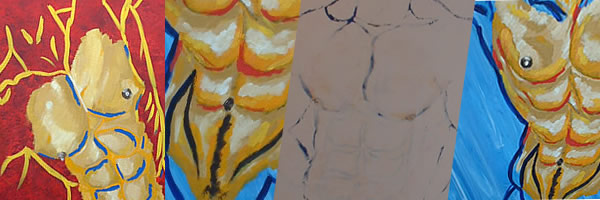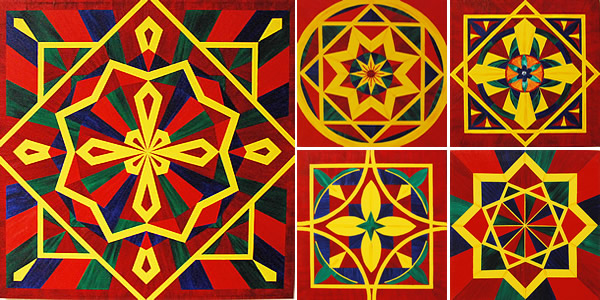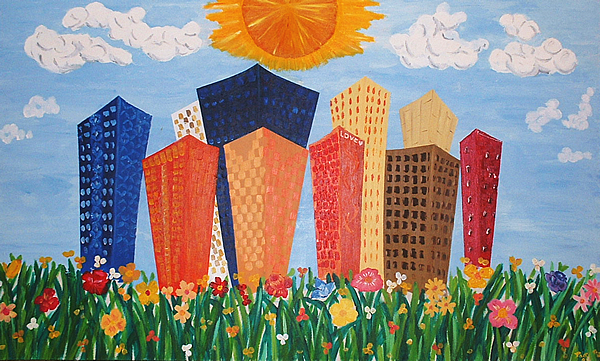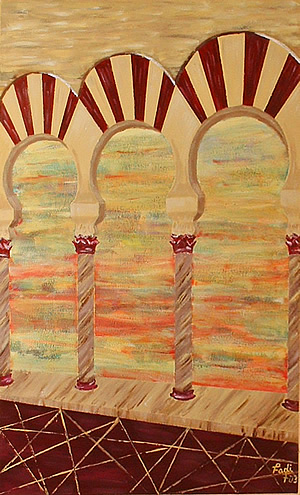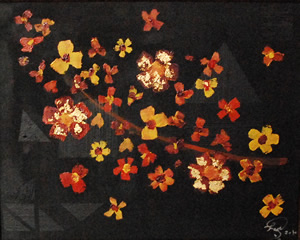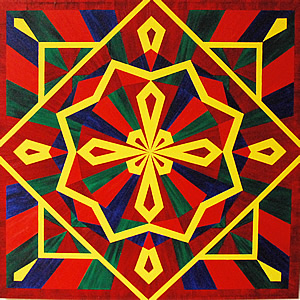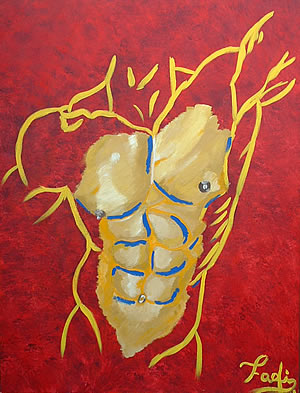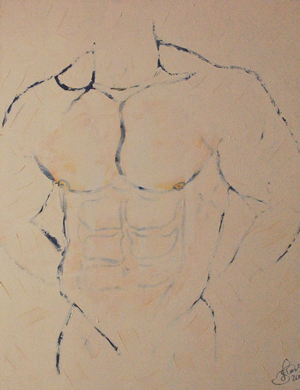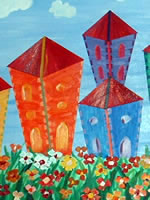A poet once wrote about Andalusia:
“A sun dwells in this place and even its shadow is blessed.
In this palace a multitude of pleasures capture the eye and suspend the intellect.
Here a crystal world teaches marvels.
Everywhere Beauty is carved, opulence is manifest.”
In Spain, the Andalusian or Islamic architecture is elaborate; it is highly decorative and ornate with intricate designs. Materials that were once favoured include stone, stucco, and plaster for coating exterior walls. Later on, the stone was replaced with brick – a great example of this is the fortress palace of Alhambra constructed in the 14th century in Granada, Andalusia, Spain. The word “Alhambra” literally translates as “the red one”, referring to the red bricks used to make this incredible palace.
The palace of Alhambra has dazzled viewers and inspired artists from all over the world, with its breathtaking architecture, gorgeous gardens and intricate design work on the walls and arches of the palace.
Notable artists inspired by this “pearl set in emeralds” include M.C. Escher; indeed, the Alhambra provided him with the very foundation for his work and signature style. First visiting in 1963, Escher was drawn to and inspired specifically by the tile patterns of the palace: the repetitions of geometrical shapes and floral patterns would be famously represented and experimented with in his work.
And, as s the opening quotation from a poet shows us, authors were also inspired by this incredible place. Washington Irving resided at the Alhambra for some time, and from this stay produced Tales of the Alhambra.
Now a UNESCO World Heritage Site, the Alhambra, created in the Andalusian or Islamic tradition, continues to amaze and inspire – a testament to the power of art. I myself, as an artist, am incredibly influenced by and drawn to the artwork of this palace and the Andalusian period – the patterns and designs are so beautiful that I can’t help but want to represent them. However, I am drawn in and attracted to this era not just due to the visual beauty of these patterns but also because of just how rich an era the Andalusian period was.
During this period, the progress and creation didn’t stop with the erection of incredible monuments such as the Alhambra – indeed, the era witnessed a commitment to the building and growth of community. Education boomed: math, architecture, literature, discussion … in doing so, discourse and relations between different sects and religions was encouraged. There was a laying down of difference in the interest of peaceful coexistence, in the interest of culture, community and creation. To me, community governed by peace, and art, is the epitome of beauty, and it is revealed in the intricate designs and art work at Alhambra and other architecture in the Andalusian style.
My paintings, Andalusia Arches, have all of this within them – I was striving to not just represent the physical beauty of this architecture, but to recall and infuse the paintings with the spirit of peace and community of the era. To me, the architecture of this time period, like these arches, is a physical representation of what can be created when there is community. These arches represent both the hope that the human race can have when all live together without fear of persecution and the reward that we receive after hard work as a community. Gazing at artwork such as these arches provides us with a sense of calm and happiness; I hope that when you look at these pieces of mine, you can imagine relaxing in a place of great beauty, under the hot Spanish sun.

